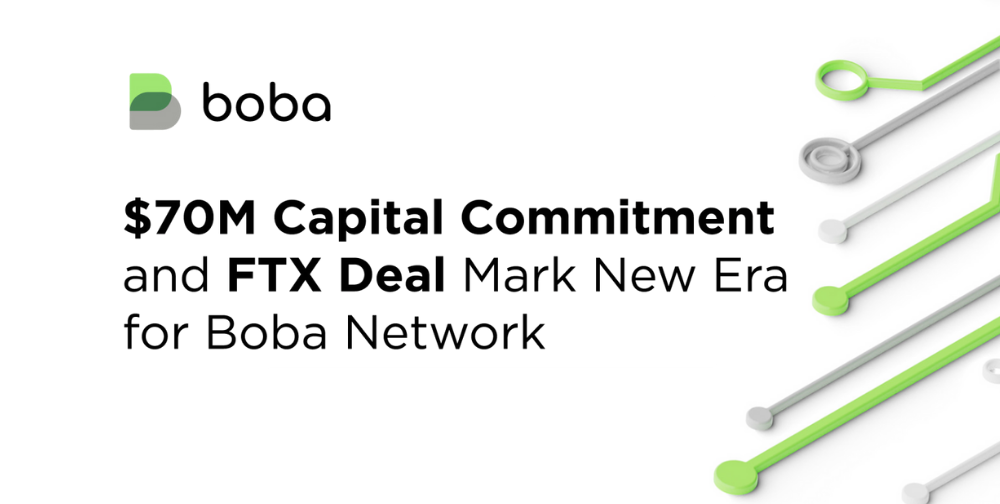Businesses increasingly recognize the critical importance of sustainability as a cornerstone for long-term growth. Amidst rising environmental concerns and stringent regulatory requirements, organizations are turning towards innovative solutions to minimize their carbon footprint.
Carbon accounting for businesses has emerged as a pivotal practice, enabling companies to systematically measure, manage, and mitigate their greenhouse gas emissions. By integrating carbon accounting into their operational strategies, businesses are not only fostering environmental responsibility but also unlocking new avenues for efficiency, cost savings, and enhanced stakeholder trust.
Understanding Carbon Accounting
Carbon accounting involves quantifying the amount of greenhouse gases (GHGs) a company emits directly or indirectly. This measurement includes everything from on-site emissions to those embedded in the supply chain. It’s a comprehensive approach to understanding a company’s environmental impact.
Companies use various protocols and standards, such as the Greenhouse Gas Protocol, to ensure measurement accuracy and consistency. While this may sound complex, technological advancements have simplified the process, making it accessible even to small and medium-sized enterprises.
Why Carbon Accounting Matters?
The importance of carbon accounting cannot be overstated. With increasing awareness about climate change and stricter regulations, businesses are under immense pressure to reduce their carbon footprints. Carbon accounting provides a clear picture of where emissions are coming from, allowing companies to target specific areas for reduction.
However, the benefits extend beyond compliance. Companies actively engaging in carbon accounting often find themselves better positioned in the market. Consumers today are more environmentally conscious and prefer brands committed to sustainability. Businesses can enhance their brand image and attract a loyal customer base by showcasing efforts to reduce carbon emissions.
The Role of Technology
Technology plays a pivotal role in the evolution of carbon accounting. Advanced software solutions now offer real-time data analytics, making it easier for companies to monitor and report their emissions. These tools can integrate with existing business systems, providing a seamless experience.
Artificial Intelligence (AI) and Machine Learning (ML) are also revolutionizing this field. These technologies can predict future emissions based on current data, helping companies make informed decisions. For instance, AI can analyze a company’s operations and suggest ways to optimize energy use, reduce emissions, and cut costs.
Driving Sustainable Growth
One of the most compelling reasons for adopting carbon accounting is its potential to drive sustainable growth. When companies understand their carbon footprints, they can identify inefficiencies and implement strategies for improvement. This not only reduces emissions but also lowers operating costs.
For example, a tech company might discover that its data centers are significant sources of emissions. By switching to renewable energy sources or optimizing server efficiency, the company can drastically cut its carbon footprint and save on energy costs. Such initiatives often lead to innovations that improve overall business performance.
Additionally, companies that lead in sustainability often set industry standards. By adopting carbon accounting early, businesses can position themselves as pioneers, influencing others to follow suit. This leadership can open up new market opportunities and partnerships, further driving growth.
Challenges and Solutions
While the benefits are clear, implementing carbon accounting comes with challenges. Many companies struggle with the initial setup, data collection, and analysis. However, these hurdles are not insurmountable.
One effective approach is to start small. Companies can begin by measuring emissions from key areas and gradually expand to cover all operations. Partnering with experts and using advanced software solutions can also simplify the process.
Education and training are crucial. Employees at all levels should understand the importance of carbon accounting and how they can contribute. This fosters a culture of sustainability within the organization, ensuring long-term success.
Final Thoughts
Incorporating carbon accounting into business strategies is no longer a choice but necessary in today’s tech-driven and environmentally conscious world. By meticulously tracking and analyzing greenhouse gas emissions, companies can identify inefficiencies, reduce operational costs, and enhance their market positioning.
Integrating advanced technologies such as AI and ML further simplifies this process, making it more accessible and effective for companies of all sizes. Beyond compliance and cost savings, adopting carbon accounting paves the way for innovation and leadership in sustainability, setting new benchmarks for industries worldwide. Ultimately, businesses that embrace carbon accounting contribute to a healthier planet and build a resilient foundation for sustainable growth and long-term success.



































